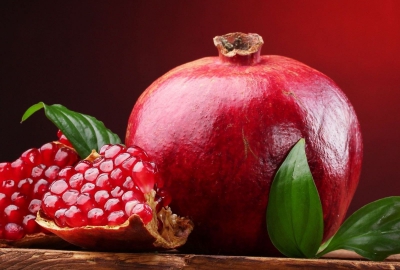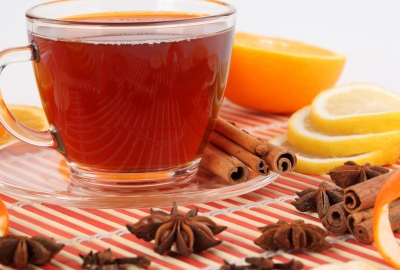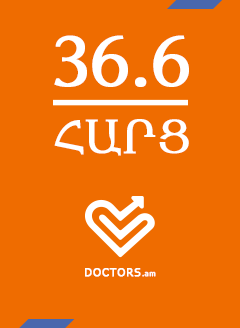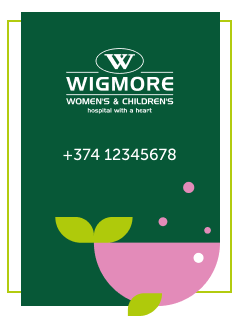A key to lasting weight loss is eating foods that make you feel full for longer, says Dr Jacquie Lavin, a weight-loss doctor for Slimming World.
'You should eat complex carbohydrates such as potatoes, rather than simple carbohydrates like sugar or biscuits which give a short energy boost followed by hunger pangs,' she says. 'In this way, potatoes can help you reduce binge-eating.'
According to a study in the British Journal of Nutrition, potatoes are wrongly classified as high on the Glycemic Index, which ranks carbohydrates from one to 100 according to how quickly they are broken down during digestion into basic glucose. Pure glucose scores 100. The lower the rank, the longer it takes for the food to be absorbed, and the longer we feel satiated after eating it.
This is why a diet of low GI foods is recommended to those wanting to lose weight.
However, the research revealed that the GI of potatoes varies depending on the type, where it is grown and the preparation methods.
For example, the GI may be medium to low when potatoes are eaten cooled, rather than hot, and when boiled and consumed whole, rather than mashed.
Potatoes provide the body with an essential source of fuel and energy, which you need even when dieting. As a rich carbohydrate source, they help to fuel all reactions in the body which you need for movement, thinking, digestion and cellular renewal.
VITAMIN BOOSTER
Potatoes were eaten by 19th Century English and Spanish sailors to fend off scurvy. Surprisingly rich in immune-boosting Vitamin C, a medium potato (150g) with the skin provides 27mg, almost half of the recommended daily intake.
Potatoes are also a rich source of Vitamin B, folate and minerals such as potassium, magnesium and iron. Potatoes are underground tubers, meaning that they store all the vitamins and minerals needed for growing new potato plants in spring.
Rather than being bland and starchy, they're actually full of nutrients.
STRESS
Potatoes are exceedingly rich in Vitamin B6, a substance needed for cellular renewal, a healthy nervous system and a balanced mood. Just 100g of baked potato contains 21 per cent of the daily value of the vitamin.
It is used to make neurotransmitters --substances that deliver messages from one cell to the next.
Neurotransmitters such as serotonin and dopamine are needed for the regulation of mood and Vitamin B6 is needed to make them.
It is also used to make adrenaline, hormones that help us respond to stress, and GABA, a substance linked to relaxation and a feeling of wellbeing.

















